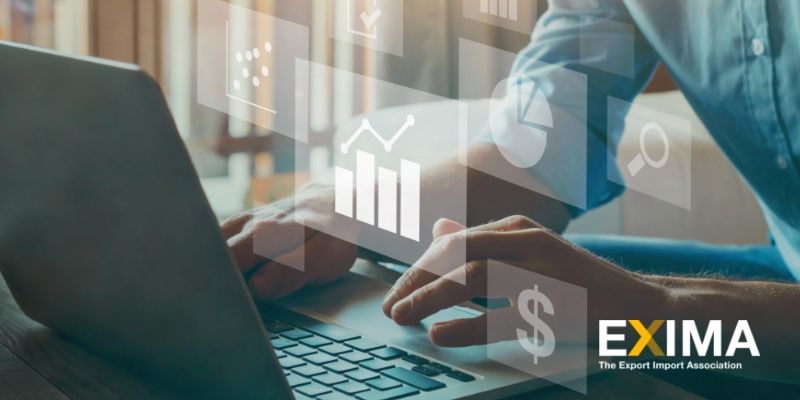The role of banks in foreign trade is changing. So far, there was no way for exporters or importers to go around banks. Not anymore! Digital technologies have created new business models for trade firms to manage their international money flows, currency, and trade finance.
Why does it matter?
For centuries banks were the “necessary evil” for everyone who wanted to engage in foreign trade. They help exchange currency and reduce export and import risks through trade finance tools such as letters of credit. The downside is that working with banks is expensive, especially for small businesses.
Whereas big corporations often have preferred deals with banks, small businesses pay a heavy price. Besides the fees, banks charge SMEs high currency markups. If the trade volume of small businesses is low, these costs eat into the margins.

What is changing?
With digital technologies, new platforms have emerged that make foreign trade cheaper for SMEs. Currency conversion services like Wise charge a fee for conversions but give businesses the market interest rate. Compared to banks, businesses often get to change currency significantly cheaper.
Blockchain-based cryptocurrencies like stablecoins – digital currencies whose value is pegged against an underlying asset such as the US Dollar or the Euro – send money internationally fast and cheap. That means businesses not only pay less but also don’t have to wait for days until their money arrives.
Trade platforms like Export Portal use blockchain technology to enable exporters and importers to exchange documents and money directly through secure escrow accounts. That makes trade finance and banks in foreign trade obsolete.
Are banks in foreign trade no longer needed?
Businesses still heavily rely on banks in foreign trade. That said, the tools are available to avoid banks for many services, such as currency conversions. In the foreseeable future, banks will continue to play a role in foreign trade. But the more new competitors improve their products and services, the more especially small businesses will avoid banks.
Stay Tuned with EXIMA News
EXIMA News is your go-to place for all the latest import/export information and news. Subscribe to our newsletter today!









